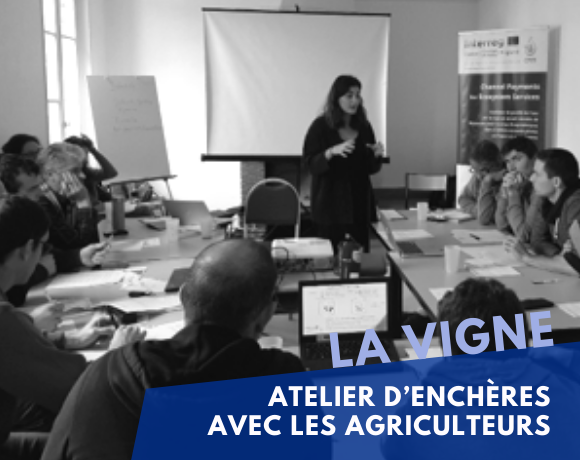
Experimental economics workshop with farmers from AAC de La Vigne



Cpes-Interreg.eu takes care to protect your personal data. This site uses cookies in order to better inform you and to offer you optimized content for the web. We keep your choices for a maximum of 13 months. You can change your mind at any time by clicking on the "manage my cookies" icon at the bottom right of each page of our site.
Accept all Refuse everything PersonalizeRequired - cannot be deselected. Necessary cookies help make a website usable by enabling basic functions such as page navigation and access to secure areas of the website. The website cannot function properly without these cookies.
Third-party cookies are usually not necessary to take advantage of the resources available on the Internet.
Browsing statistics: your visited pages, location and region, track time spent on each page

